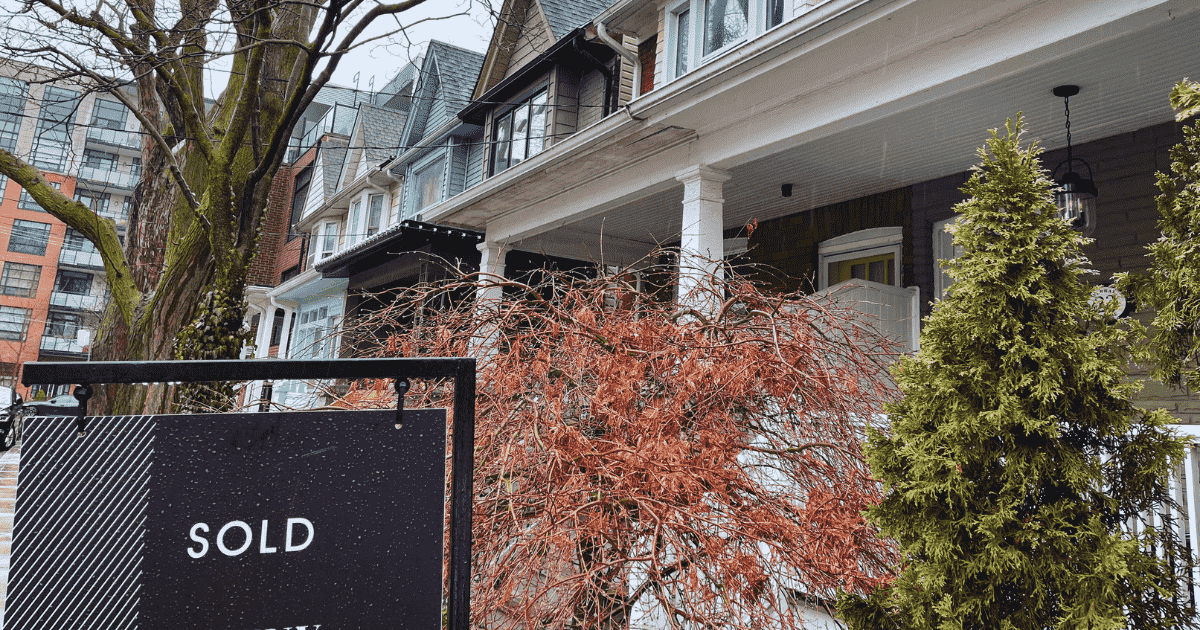Are you a country bumpkin at heart? Maybe you only think you are. In almost 30 years of helping people find homes, I’ve seen the eyes of the citified go positively dreamy with thoughts of living in the country. I think a lot of us have this romantic, picturesque view of what rural living is like.
Most of us are clueless about what it’s really like. We have no idea. As I’ve helped people move from the city to the country or vice versa, I’ve discovered six myths about country living that are commonly believed.
Myth #1. Living in the country is romantic.
Their eyes get that dreamy look when they talk about living in the country. They talk about how healthy the fresh air will be and revel in the lack of traffic their country road will have compared to the teeming rivers of traffic outside their apartment.
And the view – oh, they let a sigh escape when they talk about their own private view of nature from the patio. Imagine… we’ll watch the sunset together. See the stars! And it’s true. All of it. But it’s not the whole truth. Funny, we only imagine the picturesque countryside as a static summer photo.
Besides enjoying the lessened traffic on that quiet gravel road, one also must travel that same gravel road come icy rain or snowstorm. Bosses don’t necessarily sympathize with staff who cannot make it in because of weather in the country. After all, you did choose to move there.
Then, as each season settles, reality settles in with it. Autumn requires seasonal septic field maintenance. Let’s not even talk about the septic tank or well water. The driveway needs to be clear and it feels three miles long when you’re clearing snow in the early darkness of a January evening while the open area winds blow it back again.
In spring, the fresh country air turns sour, wafting its putrid manure smell into the kitchen window. Then summer gravel blankets the car with dust every day, and stone chips start appearing in the paint. Dust even floats in the window, coating the windowsills in a fresh layer each week. Living in the country, it turns out, is a lot more work and mess than originally thought.
Myth #2: Living in the country is cheaper.
One client of mine, finding the rural lifestyle appealing, moved to the country. When I followed up with them about it afterward, they said it was good, they liked country life, but they couldn’t believe the cost of utilities. And, since their careers and social lives remained rooted in Winnipeg, they discovered the fuel cost and wear on their vehicle from the commute to be substantial. So much so, they decided to move right back to the city.
Myth #3: Following the heart is a good idea.
Sometimes people move to be near a loved one. This one is not exclusively about country living, but I feel the need to include it.
My client wanted to move to the country for no other reason than to live near a family member. He sold his home in the city and bought in the country, within comfortable driving distance. Now they could see each other more conveniently. Within a year, the family member moved away and my client was stuck. His only reason for living there had left.
Moving anywhere based on someone else’s life is a bad idea, because you never know what can happen. Even if it’s planned together, things can change. And afterward, you’re stuck with a rural property, which tends to sell more slowly than city properties.
Myth #4: Living in the country is quiet.
With all the sirens, night-hours and traffic of a bustling city, it’s easy to imagine the country to be a quieter place. And it’s true. Ambulances don’t scream through the streets every day and night. Bar brawls and gun fights rarely break out at the corner of two dirt roads. But people are often surprised when they lay their heads on the pillow in their new country home and cannot sleep for the sound of frogs and crickets croaking and screeching or the sometimes haunting sounds of wildlife.
It’s alarming how noisy all those critters can be, and unsettling to think of the millions of creatures it takes to permeate the night sky they way they do. It can get a person to thinking of Stephen King movies.
Then there are the neighbour’s cattle bawling at feeding time, the roosters crowing before dawn, and the neighbour’s kids screaming because they’ve got pent-up energy and it’s the country and they can. Oh! And let’s not forget the dogs! Oh, the dogs. The barking all night long in every surrounding acreage and farmyard kind of dogs. No, my friend, the country is not quiet. It’s just a different kind of noisy.
Myth #5: Living in the country is like living in the city but with trees and privacy.
Well, sort of. But no. There is more space and privacy and nature than the city, which sounds lovely – and is lovely! But the country often lacks a few essential conveniences of city life. Depending on where you buy, a rural property may have little access to high speed internet. Don’t worry. It gets worse. Cell service is also dicey in the country. (Still thinking of living in the country? You’re tough as steel! Read on.)
Myth #6: Living in the country is safer.
We tend to believe there is less crime in the country (which is kind of true), and so that makes it safer. Crime still happens in the country. Break ins. Murders. Thefts. No one is immune, whether in the country or city. One disadvantage of living in the country though, when it comes to safety, is that it takes emergency responders more time to arrive at the scene. That’s a deal breaker for some homeowners when they find that out.
In the end, the grass is not greener. Well, maybe if the property has a sewage ejector system. What you think you’ll save in taxes; you’ll spend in vehicle and property maintenance and on commuting fuel. If after looking over all these myths, you’re still set on going country, good for you. I have one final suggestion to help you confirm your country-readiness.
Take a daily drive to the area you’re planning on living in. Every day, drive out there and have a coffee or piece of pie at the local shop. Just hang out there for a bit. Then drive back. If at the end of a week you’re not roiling with frustration about the drive, your future as a country bumpkin looks mighty fine.
Jeff Stern, a 27-year real estate veteran with Re/Max Performance Realty in Winnipeg, received the 2017 CMHC/MREA Distinguished Realtor Award. He is an instructor for the Provincial Real Estate Licensing program, a member of the Education Committee and sits on the Professional Standards Investigation and Hearing Committee at MREA. He gives back to the community as chair of the MREA Shelter Foundation and writes stimulating and enlightening articles on his blog. The opinions expressed are those of Jeff Stern and not the Manitoba Real Estate Association.















